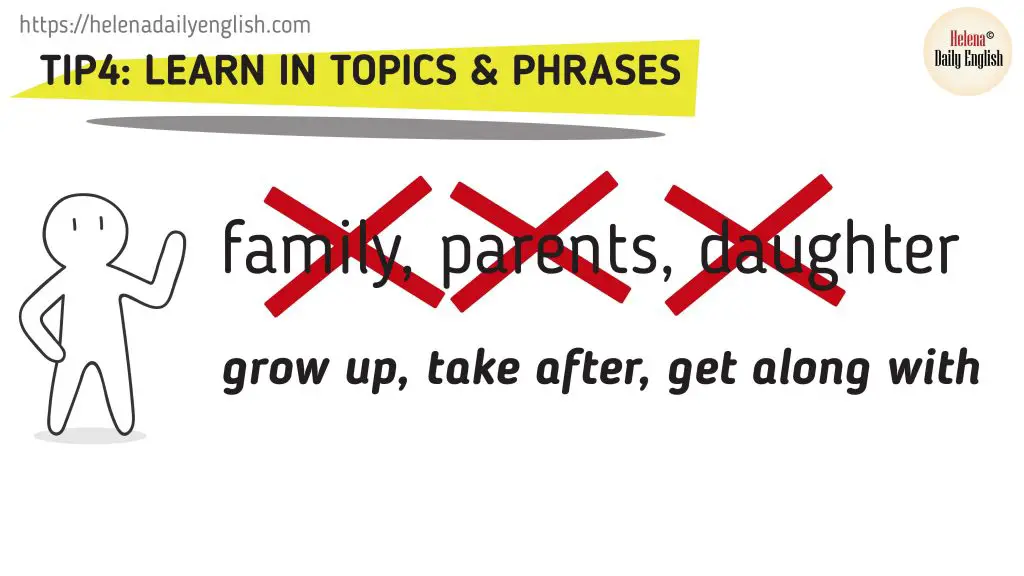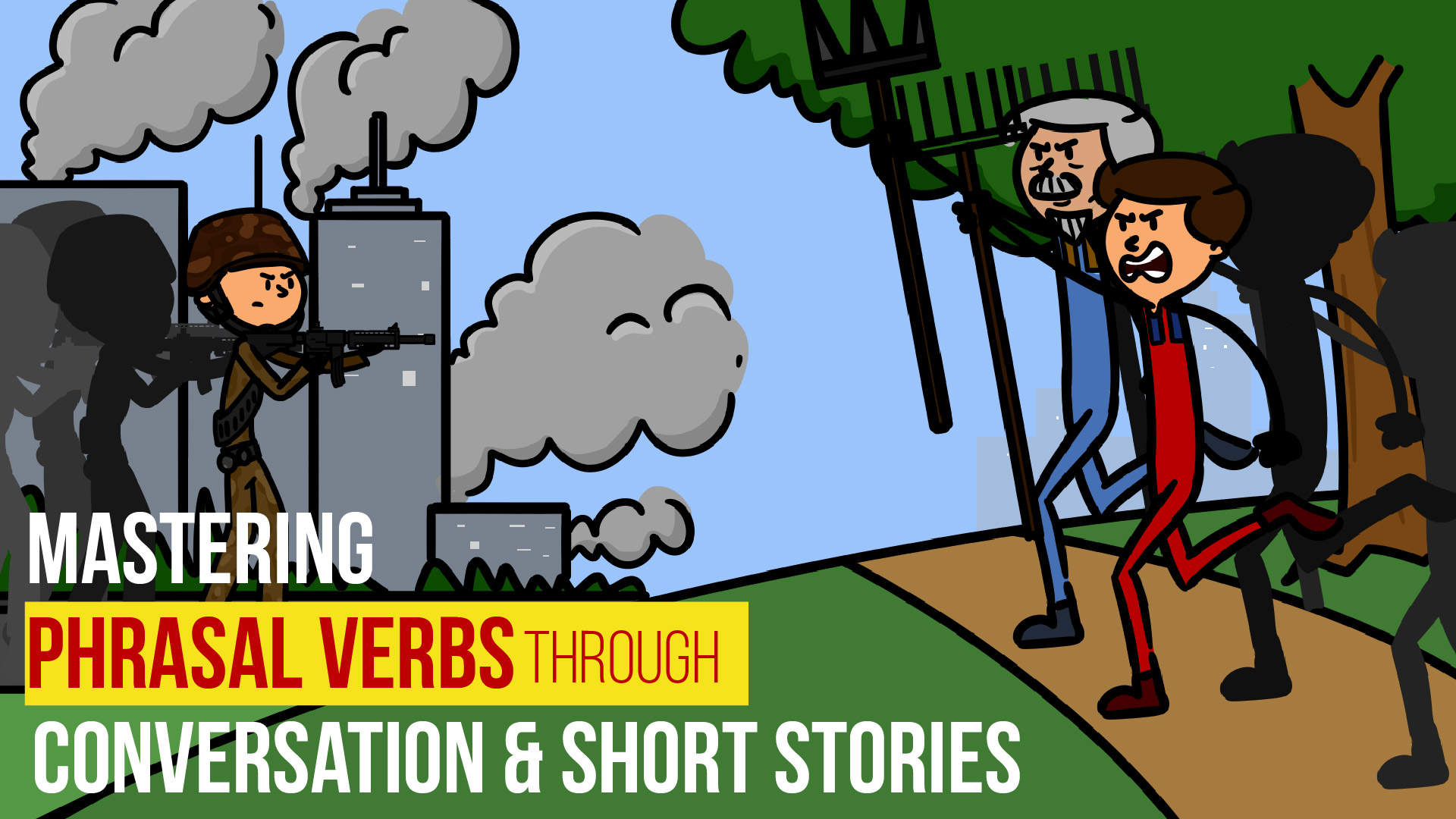English for Beginners | 5 Tips for speaking English Naturally and Effectively (Mark’s Journey)
Hello everyone, today I will share with you some tips that I receive from my fan, Mark. He has emailed me about his learning English journey and some tips he applies when he first started learning this language. So I think it is a good idea to share with you and hope that you can apply these tips effectively to get a good result for speaking English.

Here are 5 simple tips used for self-study speaking English for beginner level.
I think maybe you will find these tips are somehow simple and familiar but they work well for Mark. So I hope you will keep these tips in your mind when you start speaking English or any other language because it will help your learning process easier.
==========================
Tip 1: Try to think in English.

A lot of people tend to translate English into their native language. It will help them to understand the sentence quickly but limit your mind and your speed of thought because it takes double time for you to translate English questions in your native language and vice versa.
So my advice is that you should practice thinking in English as a habit and put a question in English whenever you meet the word you don’t know.
Specifically, I use sticky-note to write all my housewares or furniture in English and whenever I see a word in that note, I make and speak out a sentence for this word. It helps me to remember the words efficiently and speak smoothly. Remember to practice every day, you will see your clear improvement after one month.
For example:
When I get up and see the word “water”. I make a simple sentence like “I have to drink 3 bottles of water for a day”. Then when I go to the bathroom and see my face in the “mirror”, I often say “I look more beautiful with my magical mirror”. This compliment helps me to remember the word “mirror” and lights up my day.
==========================
Tip 2: Use English-to-English dictionary

I am sure that you will find quite difficult at first but when you get familiar with this kind of activity, it will build up your vocabulary range, help you to understand clearly the meaning of the word and improve the way of thinking in English. Two kinds of dictionaries you should use “Oxford Dictionaries” and “Longman Dictionaries”
For example:
I don’t know the word “housewares” and look it up in Longman Dictionary. Here is its explanation:
Housewares /ˈhaʊsweəz $ -werz/ noun [uncountable, plural]
(American English): small things used in the home, for example, plates, lamps etc, or the department of a large shop that sells these things
So if you understand all the words, it is very good, if not, you can click to the new words in the explanation part to know about the meaning or check it on google’s image to illustrate these words.
This tip takes time to do but it worths your long journey learning English.
================
Tip 3: Practice speaking in front of the mirror with “IMITATION” method

Moving to the third tip, I like using it because I am quite introverted and feel shy so when I can’t speak English well at first, I often refuse to speak. So practice in front of the mirror for the beginner level will be a good choice.
· First, listen to the word you learn 2 or 3 times to know the correct pronunciation. Then speak out the words in front of the mirror.
· Try to adjust your mouth to speak correctly and record it.
· Compare your voice and a native speaker to find out the difference and adjust correctly like the ending sound or the word stress.
The action of facing the mirror also helps to adjust your ways of presentation and voice speed because your reflection in the mirror also an audience and you have to speak slow and clear so that the opposite can understand.
When you get acquainted with the mirror, using “IMITATION” method I mention in the previous video to practice.
====================================
Tip 4: Learn in topics and phrases
 Another tip to remember is that do not learn the words separately, you should learn in phrases and topics, then it helps you to form your sentence naturally.
Another tip to remember is that do not learn the words separately, you should learn in phrases and topics, then it helps you to form your sentence naturally.
For example, when you learn the topic “family“, you shouldn’t learn only the words “family, parents, daughter” but should learn more some phrases like “grow up, take after, get along with“.
As a result, you can learn to form sentences like “I live in a happy family and get along well with my older brother. My mother often says that I take after my grandmother much so she rarely scolds me. But when I grow up, I move to the city center to work so I miss my family much.”
It will help you to improve both speaking and writing skill.
Here are links you can learn English in topics and phrases:
Source: Tony Illustrated English
And Phrasal verbs and idioms: https://helenadailyenglish.com/phrasal-verb-and-idioms
=======================================
5. Learn English through short stories

We know that learning English through pictures always makes people easier to understand and brings the best learning experience to learners and it is considered one of the most effective approaches to learn English.
Take a look at the benefits of reading stories bring to you:
- Understand deeper and broaden understanding
- Know more vocals and how they are used in real contexts
- Motivate imagination, create your own story
- Enhance communication skill
To know more about how to use short stories to learn English, read this post carefully: How to Learn English effectively through short stories
Illustrated Basic Conversations | 36 Daily Topics ( Source: Tony Illustrated English )





